FUNDING CUTS IMPACT CT HUMANITIES: Help CT Humanities navigate recent funding cuts and continue our vital work across Connecticut. All donations made to CTH will be matched dollar-for-dollar up to $50,000. Donate today!
Now Viewing:
Benedict Arnold
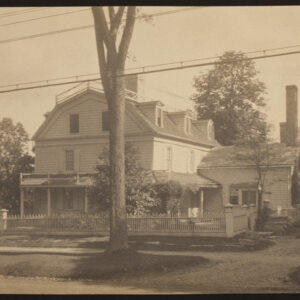
Ridgefield’s Keeler Tavern
Keeler’s tavern had only served travelers and locals before Ridgefield played host to the only inland battle fought in Connecticut during the Revolutionary War.
Read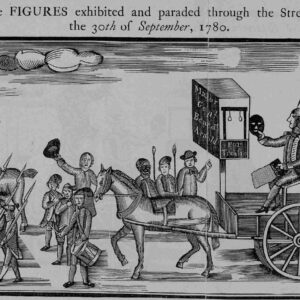
New London’s Tradition of Burning Benedict Arnold…in Effigy – Who Knew?
New London has a yearly tradition of burning an effigy of Benedict Arnold, the infamous Revolutionary War general turned traitor.
Read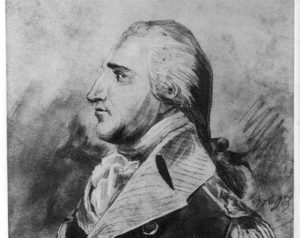
Benedict Arnold Turns and Burns New London
September 6, 1781 was a brutal and terrifying day for Connecticut citizens living on both sides of New London harbor, along the Thames River.
Read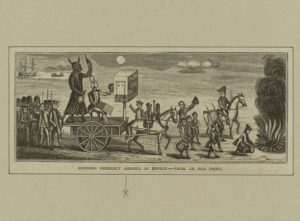
Benedict Arnold: America’s Most Famous Traitor
Benedict Arnold of Norwich was one of the great Continental army heroes of the American Revolution before committing treason and joining the British army.
Read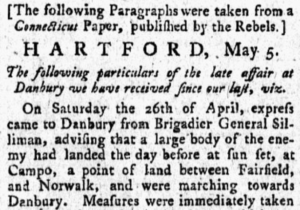
The Burning of Danbury
In April of 1777, British forces under Major General William Tryon led a raid on patriot supplies stored in Danbury, Connecticut.
Read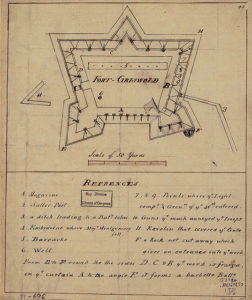
Fort Griswold Attacked – Today in History: September 6
On September 6, 1781, British forces overtook Fort Griswold and killed many of the Patriots who had surrendered.
Read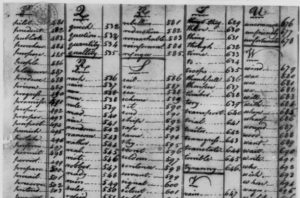
Caleb Brewster and the Culper Spy Ring
Caleb Brewster used his knowledge of Long Island Sound to serve as a member of the Culper Spy Ring during the Revolutionary War.
Read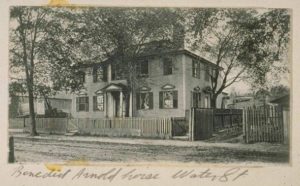
Benedict Arnold died in London, England – Today in History: June 14
On June 14, 1801, Revolutionary War general and traitor Benedict Arnold died in London.
Read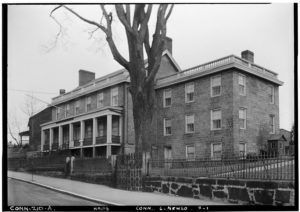
New London’s Sound Defense
The use of privateers to supplement naval forces and wage war on an enemy was established European practice—and one the rebellious North American colonies readily adopted as they faced Britain, one of great military powers at sea, during the Revolutionary War.
Read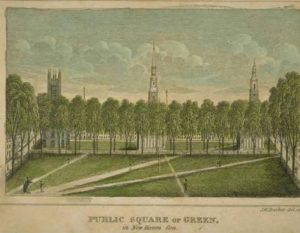
Benedict Arnold Demands the Key – Today in History: April 22
On April 22, 1775, Benedict Arnold demanded the key to New Haven’s powder house.
Read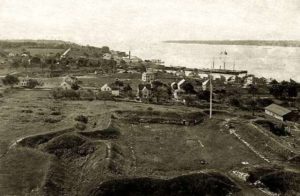
The Battle of Groton Heights at Fort Griswold
East of the Thames River, on Groton Heights, Fort Griswold stands commanding the New London Harbor and the surrounding countryside.
ReadMore Articles




